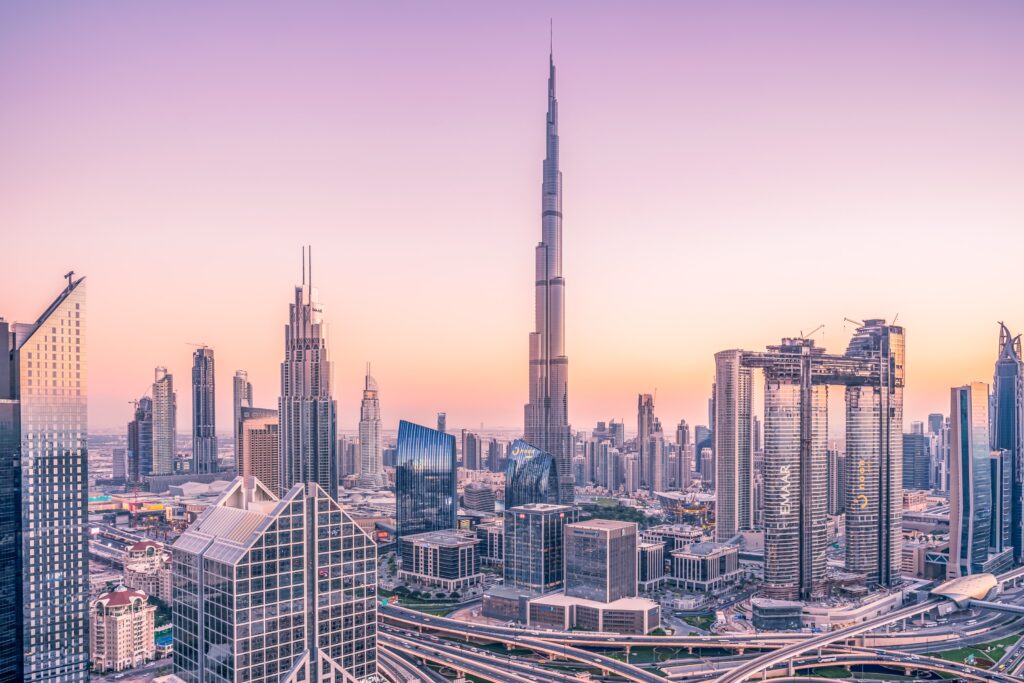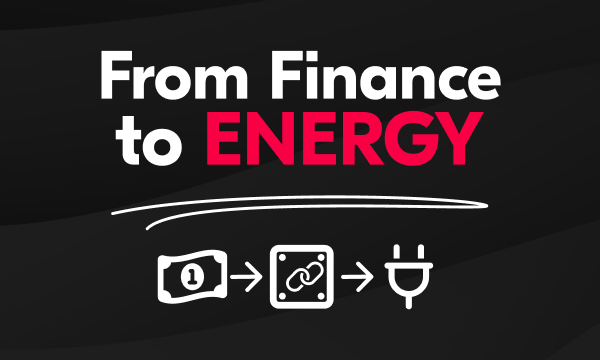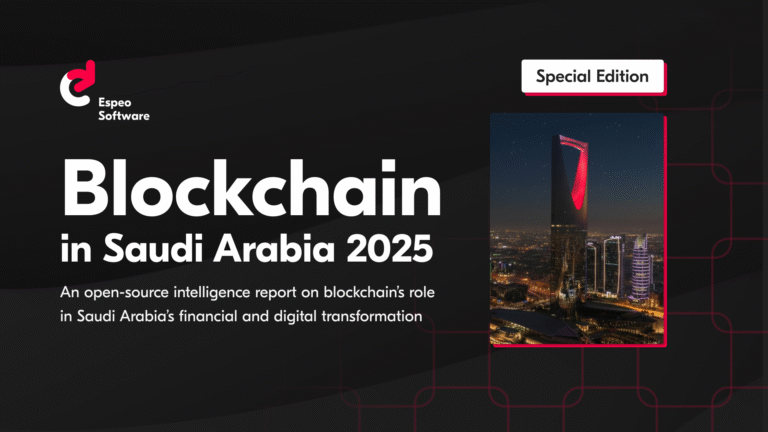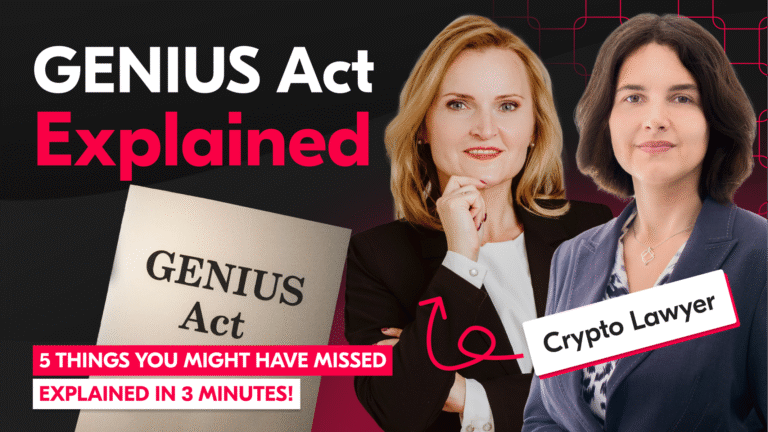In 2018, the United Arab Emirates set out on an ambitious plan to use blockchain technology to improve the lives of its citizens. The initiative set the country on a path to become a fully functional blockchain-based government by 2021. Sectors such as banking, transportation, and healthcare in the UAE will use blockchain technology to be more efficient and responsive. While the country as a whole has made strides, Dubai is farther along than other Emirates, especially in the healthcare sector. Here are some of the ways the Emirate is positioning itself as the first blockchain-powered city.
Blockchain EHR
In January 2017, Dubai healthcare giant NMC partnered with the Emirates Integrated Telecommunications Company, or du to enhance electronic health records (EHR) with blockchain technology. EHR has already been in use since 2008 but it involves a painstaking process that often leads to errors. With the Dubai Blockchain Strategy, healthcare companies are using blockchain technology to improve EHR. In 2018, NMC started using blockchain-enhanced EHR. Du along with NMC and a blockchain technology firm, GuardTime, came together to implement it. GuardTime is an Estonian startup that helped Estonia implement blockchain solutions. Du explained at the Keynote Blockchain Technology Conference held in Dubai how the Dubai Future Foundation and the Global Blockchain Council made the EHR improvement possible.
Most importantly, blockchain technology helps guarantee EHR security. It’s also easier for clinics and hospitals to access patients records across the UAE. Patients from Dubai could visit a hospital in Abu Dhabi and their records go with them. Patient data is easily accessible and once a doctor provides a treatment, the data automatically stores in real-time. This innovation will make a lot of difference in an emergency. It will optimize emergency healthcare since doctors and nurses can verify a patient’s medical records within seconds, thereby saving lives.
Strides in UAE blockchain healthcare
During GITEX Technology Week in 2018, the Dubai Healthcare City Authority and Dubai Health Authority (DHA) agreed to link healthcare professionals’ licensing data with a blockchain system. Using blockchain technology, both government bodies will link the Masaar e-services portal and Sheryan smart licensing system for licensed healthcare professionals from anywhere in the world.
This innovation is especially favorable for healthcare innovators and professionals who are looking to invest in the rapidly growing city. Linking the DHA smart licensing system and Dubai Healthcare City Authority portal will allow potential healthcare providers to apply to obtain a license from anywhere in the world. Given the list of over 100 licenses available on Masaar e-services, potential healthcare professionals and investors will have a wide range to choose from. Blockchain technology will make finding out license requirements, procedures, obtainment, and renewal for professionals who intend to practice in Dubai seamless. This also applies to healthcare innovators and companies seeking to invest in Dubai.
Du, Dhonor HealthTech partner up
During the Unlock Blockchain conference in Dubai in January this year, UAE’s du announced its blockchain platform as a service (BPaaS) latest innovation. Du, in conjunction with Dhonor HealthTech, a global healthcare blockchain solutions company, will provide the United Arab Emirates’ first patients blockchain-powered safety solution. The blockchain solution will make it easier for patients and healthcare providers to verify the authenticity as well as the condition of medicines. Basically, making it possible to verify the source of medicines and what they contain, therefore, protecting the lives of patients who depend on them.

Organ donation and Dhonor HealthTech
In February 2019, the UAE’s Ministry of Health and Prevention (MoHAP) announced a blockchain-enabled mobile app, Hayat, to improve the process of organ donation in the UAE. One of the initiative’s major sponsor is Pfizer. MoHAP partnered with Dhonor HealthTech to help with creating the blockchain organ donor program. With the help of Dhonor HealthTech, MoHAP has registered UAE citizens (patients) on the blockchain healthcare platform. Dhonor HealthTech and MoHAP will link the blockchain organ donation program across all the seven hospitals that carry out organ transplant operations in the United Arab Emirates. The Hayat organ donation blockchain solutions, enhanced with AI, correctly record patient DNA, verify organs, and optimize organ transplants in the UAE.
With this initiative, UAE hospitals will be able to check whether the DNA of a donor matches the donated organ. The Hayat initiative will also improve the process of checking whether a donor matches the patient’s DNA. All this will mean less paperwork. The Hayat app collects and stores DNA data from swabs and is easily accessible.
This initiative will not only improve the UAE’s healthcare sector by optimizing organ transplant procedures but also reduce organ trafficking. This will be possible because they’ve already collected DNA swabs from UAE citizens and saved them. Everyone in the UAE will have a unique ID, therefore, once someone goes to one of the seven hospitals that perform organ transplants in the UAE, the hospital can verify if the donor’s and the organ’s DNA match. As a result, they will be able to cut down on organ trafficking. It will also make it easier for transferred patients to continue their organ transplant treatment. This is because healthcare providers in organ transplant hospitals can easily verify and match organs on the blockchain-powered Hayat app.

Future Of blockchain healthcare in the UAE
When Dubai and the UAE at large set blockchain implementation goals for 2020 and 2021, it probably seemed like too short a time to achieve the goals. However, the future of the UAE’s healthcare is bright because they have clearly made some impressive achievements and the world should take notice. They have successfully become the second country in the world working towards becoming a blockchain-powered country. Estonia being the first. Besides having a concerned government which cares for its people’s welfare, the UAE has a young population that is always eager to try new technologies. Hence, achieving a fully backed blockchain country by 2021 – 2023 is highly likely.
By paying attention to the progress made in Emirati healthcare and how they have implemented blockchain, different countries can learn more about real-world applications of blockchain. We have learned that blockchain can store patients medical records, authenticate medicines, and facilitate organ donation. Therefore, it should no longer be hard to see blockchain beyond cryptocurrencies, the blockchain technology can revolutionize and improve any sector in a country.
Conclusion
The UAE is showing the rest of the world how to implement blockchain in healthcare, there are always annual symposia and conferences focusing on blockchain and healthcare stakeholders from different countries. The UAE is ever welcoming for investors whether small or big, it welcomed VeChain, GuardTime, as well as Pfizer for blockchain partnerships. As a result, one thing is certain about the UAE, it’s creating a better healthcare environment for its citizens.



